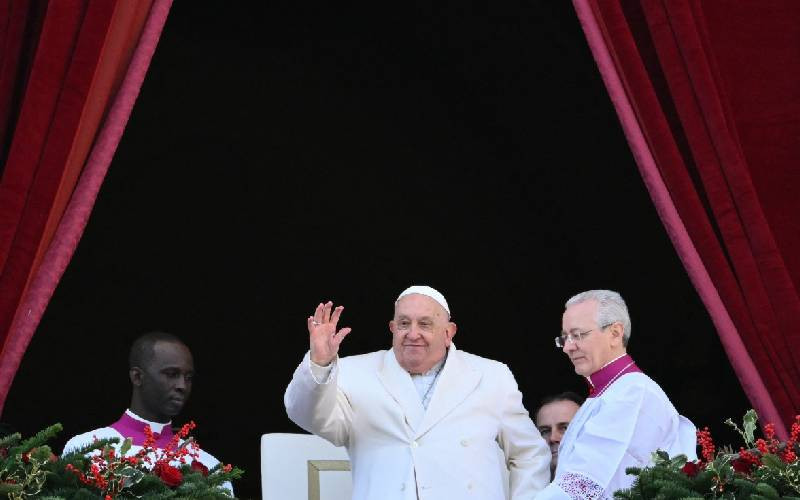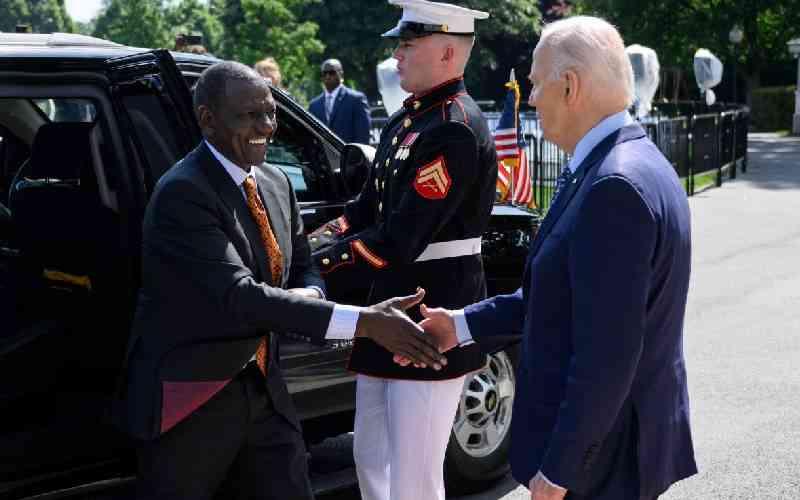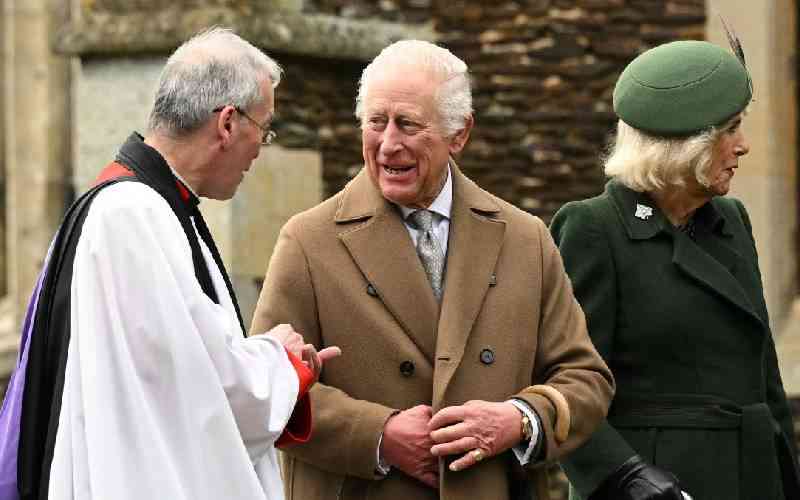Kenya: You may just have to wait a little longer to go on that dream holiday at your employer’s expense.
Measures recently announced by President Uhuru Kenyatta to boost the tourism industry have elicited excitement among the public even as it emerges that modalities to effect some of them are yet to be put in place.
Inquiries to the Tourism Ministry on implementation of the new measures- particularly on the provision for workers in the corporate and business entities taking vacations paid by their employers- were directed to the Devolution and Finance ministries, where there was no clear timeline showing when this will take effect.
So far, a circular dated May 22nd, addressed to all Principal Secretaries on holding of workshops/seminars by government ministries and state corporations has been issued, giving the go ahead for government events to be held in private hotels.
“Reference is made to Circular No. OP/CAB.58 of August 2, 2005, which directed ministries, state corporations and government agencies to hold seminars, conferences/meetings in their respective board rooms or other appropriate Government institutions. The Government has reviewed the policy and found merit in amending it to allow the private sector to also offer these services to the government in their facilities,” reads part of the circular, signed by Chief of Staff and Head of Public Service Joseph Kinyua.
The circular adds that ministries and other government utilities may opt to use institutions outside government, but in so doing must follow the laid down procurement procedures as outlined by the Public Procurement and Disposal Act 2005.
The move is one of key measures taken by the Executive to revamp the tourism sector.
Dwindling fortunes
The industry has taken a beating following a spate of terror attacks in the country that have led to the issuance of travel advisories by nations in the West. To counter the sector’s dwindling fortunes, the President, recently announced measures, including a reduction in park entry fees to encourage local and international tourists.
Park fees currently set at $90 per non resident and Sh1,200 per resident guest shall be reduced to $80 and Sh1,000 respectively, with effect from June 12th. Also included was the provision to have all air ticketing services supplied by travel agents exempted from tax, in accordance with the VAT Act, and have all outstanding income tax related refund amounts owed to the tourism industry players paid out by Kenya Revenue Authority, not later than May 29th.
The first schedule of the VAT Act lists goods and services exempted from tax, where the latter includes issuing of debit and credit cards, telegraphic money transfer services and cheque handling. The country’s general tax rate is pegged at 16 per cent.
To encourage local and international flights into Moi International Airport and Malindi Airport, the government, reduced landing charges by 40 per cent and 10 per cent respectively. Further all budgetary resources at the National Government earmarked for foreign travel, were, in Supplementary II, to be reallocated to domestic travel to boost the tourism sector’s recovery.
But perhaps what has elicited reaction from the public is the provision to allow, from June 12th, all corporate and business entities to pay vacation trip expenses for their staff on annual leave in Kenya and deduct such expenditures from their taxes.
So just when can workers begin to enjoy this benefit?
“We are working out modalities with the industry players and thinking through several options to enable us come up with a package for domestic tourists,” says Ministry of Finance Cabinet Secretary Henry Rotich.
Stay informed. Subscribe to our newsletter
He adds, “we are keen to ensure the programme isn’t abused. We know that it will require a robust framework for it to work and we will soon be announcing more details on its implementation,” says Mr Rotich.
Among suggestions floated is creating a portal with different packages that one can choose from, and issuance of vouchers to workers to go on holiday. Part of the discussions, says Rotich, centre on urging hotels to give discounted rates to domestic tourists to encourage more people to travel.
As a way of complementing Government efforts industry players had offered to give better vacation packages to locals compared to what they offer international package tours estimated at about $60, daily per person, on full board.
An interactive Kenya Tourism Portal was also expected to have been developed, within a week of the president’s announcement on the new measures, to promote and manage booking and distribution of domestic guests under the Tourism Stimulus Programme.
Challenges
Although he doesn’t provide a definite date when workers can begin to get the paid up trips, Rotich says it could take some time for stakeholders to come up with something tangible.
Kenya Association of Hotel Keepers and Caterers CEO Mike Macharia says there should be no misconceptions that the measures announced mean workers will go on vacation for ‘free’, since costs will be met by employers.
“The monies they (corporates) spend on paying for their employees vacation will be tax deductable, so in a sense it will be a saving for them,” he says. Mr Macharia says while measures like those on reduced park entry fees, and allowing Government meetings to be held in private facilities, take effect immediately, others touching on taxation may take some time, because some aspects must be factored into the national budget.
While lauding the idea of promoting local tourism, Federation of Kenya Employers Executive Director Jacqueline Mugo says the industry would have to come up with attractive holiday packages that are affordable to majority of Kenyans. She however said the cost of holidays should not be pushed to employers.
“When tourism is on the decline the ripple effect is felt by the entire economy, employers included. The proposal to have employers add paid vacation to the range of perks offered to employees poses several challenges. Key among this is just whether the system will work,” she says.
Ms Mugo says its common knowledge that the Government has been struggling to pay tax refunds to industry and says there is a fear that a similar fate may befall employers on the tax incentives proposed for paid vacations. “What system will be in place to ensure efficient refunds for those employers that may consider doing it? Will the proposal apply for senior level cadres or for all staff?” she poses.
Inquiries to the Association of Travel Agents to determine what had changed with regard to the president’s directive on tax exemption for tickets booked through travel agencies, went unanswered.
 The Standard Group Plc is a
multi-media organization with investments in media platforms spanning newspaper
print operations, television, radio broadcasting, digital and online services. The
Standard Group is recognized as a leading multi-media house in Kenya with a key
influence in matters of national and international interest.
The Standard Group Plc is a
multi-media organization with investments in media platforms spanning newspaper
print operations, television, radio broadcasting, digital and online services. The
Standard Group is recognized as a leading multi-media house in Kenya with a key
influence in matters of national and international interest.
 The Standard Group Plc is a
multi-media organization with investments in media platforms spanning newspaper
print operations, television, radio broadcasting, digital and online services. The
Standard Group is recognized as a leading multi-media house in Kenya with a key
influence in matters of national and international interest.
The Standard Group Plc is a
multi-media organization with investments in media platforms spanning newspaper
print operations, television, radio broadcasting, digital and online services. The
Standard Group is recognized as a leading multi-media house in Kenya with a key
influence in matters of national and international interest.








